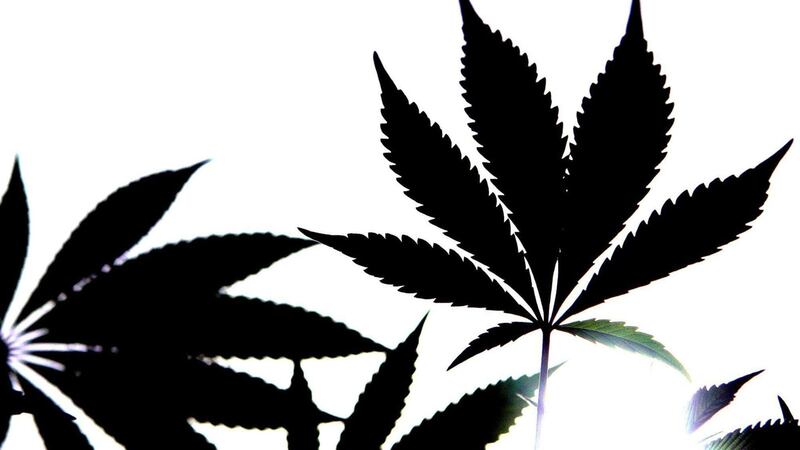Cannabis resin and herbal cannabis have significantly increased in potency and price, according to the first study to track changes in the drug across Europe.
The research, published in the journal Addiction, drew on data collected from across 28 EU member states as well as Norway and Turkey, for the European Monitoring Centre for Drugs and Drug Addiction.
It found that over the past 11 years, cannabis potency has doubled across Europe.
Concentrations of delta-9-tetrahydrocannabinol or THC – the main psychoactive constituent of cannabis – in herbal cannabis increased from 5% in 2006 to 10% in 2016.
For cannabis resin, THC concentration rose from 8% in 2006 to 10% in 2011, but jumped to 17% by 2017.
The price of herbal cannabis increased from 7.36 euro per gram to 12.22 euro between 2006 and 2016, while cannabis resin rose from 8.21 euro per gram to 12.27 euro over the same period.
Dr Tom Freeman, from the Addiction and Mental Health Group within the Department of Psychology at the University of Bath, was lead author on the study.
“These findings show that cannabis resin has changed rapidly across Europe, resulting in a more potent and better value product,” Dr Freeman said.
Cannabis resin typically contains cannabidiol (CBD) in addition to THC.
When present in cannabis, CBD may offset some of the harmful effects of THC such as paranoia and memory impairment.
However, new resin production techniques in Morocco and Europe have increased levels of THC but not CBD.
Dr Freeman said: “CBD has the potential to make cannabis safer, without limiting the positive effects users seek.
“What we are seeing in Europe is an increase in THC and either stable or decreasing levels of CBD, potentially making cannabis more harmful.
“These changes in the illicit market are largely hidden from scientific investigation and are difficult to target by policy-makers.
“An alternative option could be to attempt to control THC and CBD content through regulation.”
It is estimated that 7.2% of European adults – 24 million people – used cannabis in the past year.
Across the world, 192 million people use the drug in a variety of markets ranging from heavily sanctioned prohibition to commercialised legal sale.
Recreational use is legalised in Canada and several US states, with medical use permitted in many more countries.
The study was funded by the Society for the Study of Addiction.








